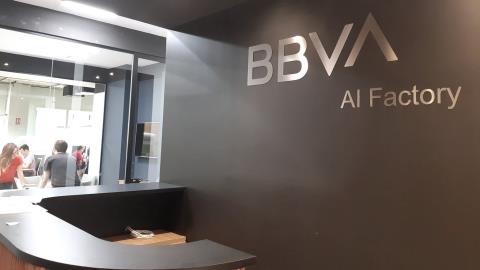Just five months after BBVA implemented 3,000 ChatGPT Enterprise licenses for its employees, an impressive 83 percent have integrated this tool into their daily work routines. Collectively, they have developed nearly 3,000 customized adaptations of the technology, applying it to a wide range of tasks, such as financial data analysis, addressing legal inquiries from clients in under 24 hours, and providing valuable customer insights.
To further promote the use of artificial intelligence within the organization, BBVA has established an in-house GPT Store designed to host these internal customizations created by its employees. This initiative underscores the bank’s commitment to leveraging technology across its operations.
Ricardo Martín Manjón, BBVA’s global head of data, emphasizes the importance of widespread access to these capabilities: “We are distributing these tools throughout the entire bank because we believe that, for transformation to be truly effective, it must be accessible to everyone. The value of this technology is evident, and it’s clear that this is not a transformation we need to impose—our people are eager to engage with it.”
One standout application of this technology is the BBVA Retail Banking Legal Assistant GPT, which supports the advisory team in handling over 40,000 legal inquiries received annually from clients via branch managers. This GPT has been trained on a wealth of documentation from a dedicated team of nine attorneys, enabling it to generate comprehensive responses to advisor queries in under 24 hours.
In addition, the Global Risk Management division has developed a Credit Analysis Pro GPT that assists credit risk analysts in efficiently assessing corporate financials. In Mexico, the Client Experience Assistant GPT analyzes thousands of customer satisfaction surveys, drawing key insights and recommending improvements to enhance service quality.
Manjón notes the transformative potential of ChatGPT: “It enables us to rapidly progress from concept to prototype in ways that were previously unfeasible. Employees from Uruguay to Mexico to Türkiye can collaboratively build solutions using these capabilities in real time.”
